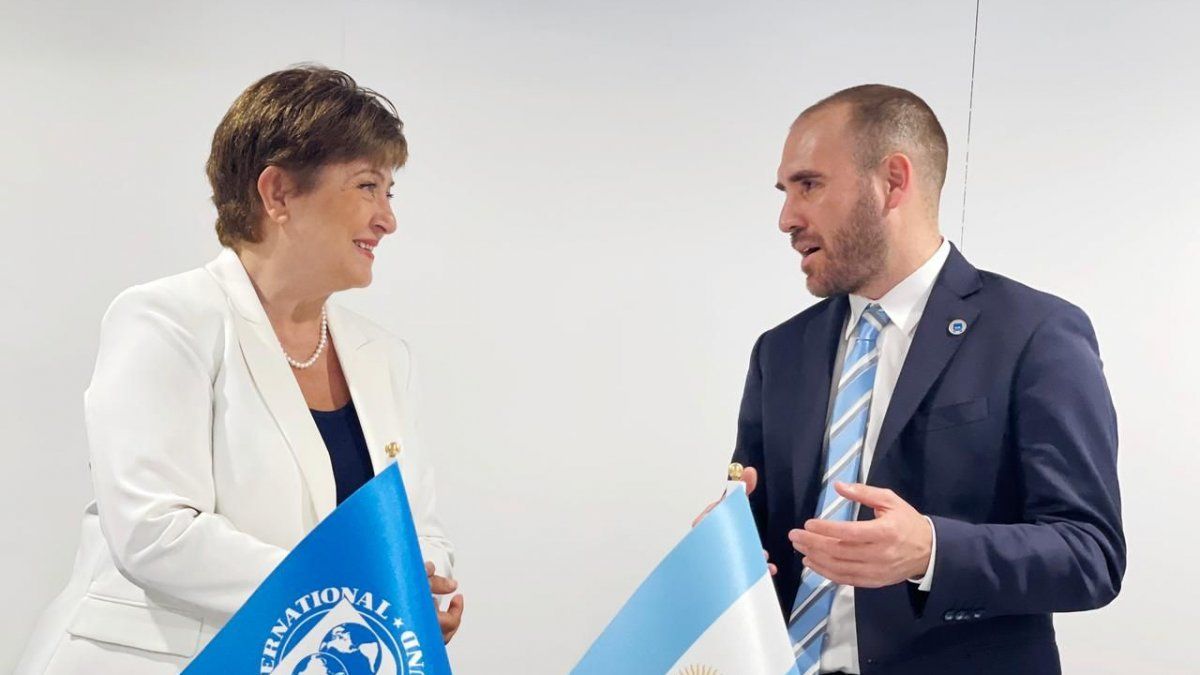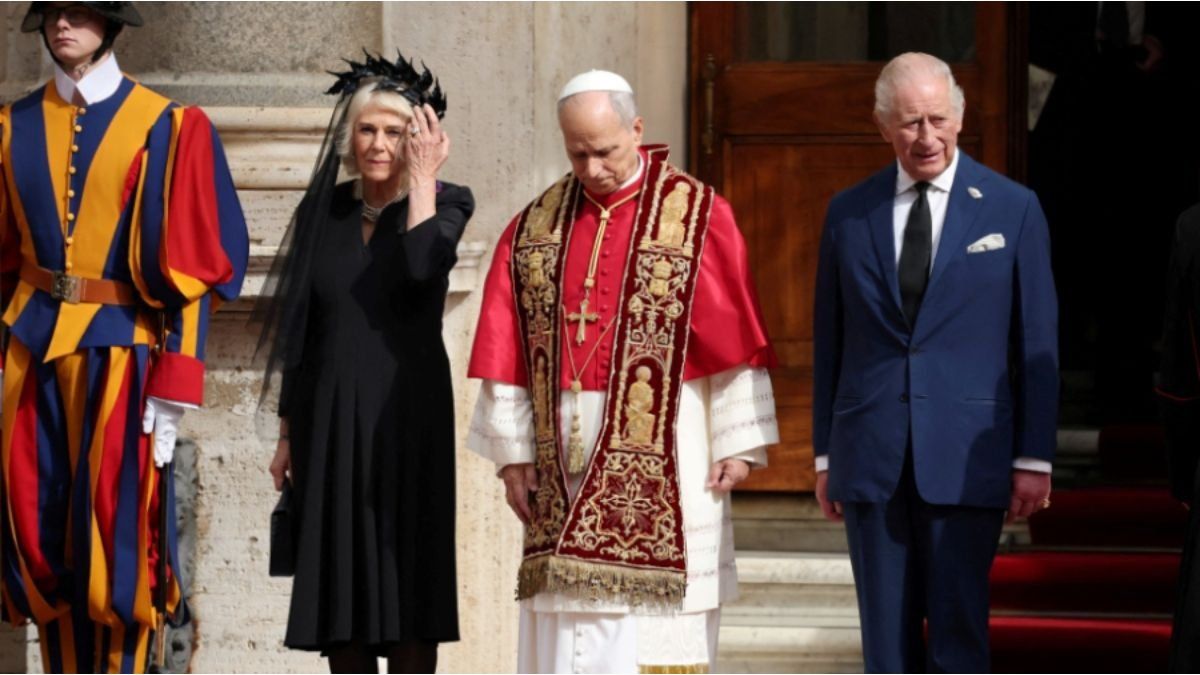Within the framework of the negotiation with the IMF whose partial balance could be announced in the next few hours in “agreement” mode, Fernández reiterated the announced formula of the descending fiscal deficit path by force of higher and better State revenueswith the addition of real spending that in strategic and sensitive sectors could grow in real terms.
The tariff question also sifted its impurities by announcing that electricity and gas tariffs could increase above the announced 20%, because they will have an adjustment factor tied to 80% of the variation in wages.
But above all things, the president outlined in his speech the expectation of two dynamics that the Government has implemented and that seem to be responsible for marking out the path of activity. The Casa Rosada confirmed yesterday that it seeks to prop up the external sector as an engine of growth (to the detriment of consumption), trusting that the collateral guarantees will come from there, the dollars, which will serve to appease, at least in part, the unwritten or explicit from the IMF in the near future.
Packages of bills that will seek to be sanctioned in Congress and that would allow, in the Government’s opinion, to promote strategic sectors such as hydrocarbons, mining and agribusiness, among others. Endowed with a notable comparative advantage, these sectors will be pushed by the Government with fiscal stimulus, that is, a part of society will end up subsidizing a rapid expansion of these items that, in principle, will allow them to pay off the loan. The second dynamic is, for now, less visible. In other words, the government will seek to appease the rise in inflation but, above all, lower spending, with the few resources that the IMF will leave it.
That mantra points out that inflation would fall thanks to a lower fiscal deficit and a sharp cut in the monetary issue. The promise made explicit yesterday is that the Casa Rosada undertakes not to use neither the exchange rate and tariff delay, nor a negative real interest rate, as a tool to boost economic activity without fueling inflation. Strictly speaking, although yesterday the president pointed out that inflation “… is also the main concern and the main challenge of the Government”, nothing was said about the methods that will be used to lower it, if the fiscal issue is discounted. “Argentina needs to order its monetary and fiscal policy. The biggest problem we have, inflation, is multi-causal. And it is our responsibility to address all their causes. We will follow the path of ordering public accounts without conditioning our social justice policies”, said the President.
Strictly speaking, and in year-on-year terms, March could end with a year-on-year increase of 63% in the evolution of prices. At the same time, the counterpart of this will be a progressive increase in the interest rate (already under way) that could cause problems in the future (more issuance to pay the higher rates of BCRA bills) added to the enormous increase in the price of the Energy. In short: the Government confirmed that, within the framework of the agreement with the Fund, it must sacrifice economic growth and desist from using the tools it had been using to slow down inflation, in order to sign an economic plan whose heart will be the expansion of the sector. external to force of export, the exhaustive administration of the dollars of the reserves of the BCRA and the support of the public work.
Nothing was said about the “tuning up” of the aggregation of demand or consumption as an engine of growth and its key role in improving the conditions for the material reproduction of the middle and low sectors. Yes, on the other hand, it was pointed out that there will be no pension or labor reform and that the retirement age will not be altered. Late yesterday, a senior government source confirmed that the announcement with the IMF was close. The details, in part, are those that are known. The others will arrive in Congress shortly.
Source: Ambito
David William is a talented author who has made a name for himself in the world of writing. He is a professional author who writes on a wide range of topics, from general interest to opinion news. David is currently working as a writer at 24 hours worlds where he brings his unique perspective and in-depth research to his articles, making them both informative and engaging.




